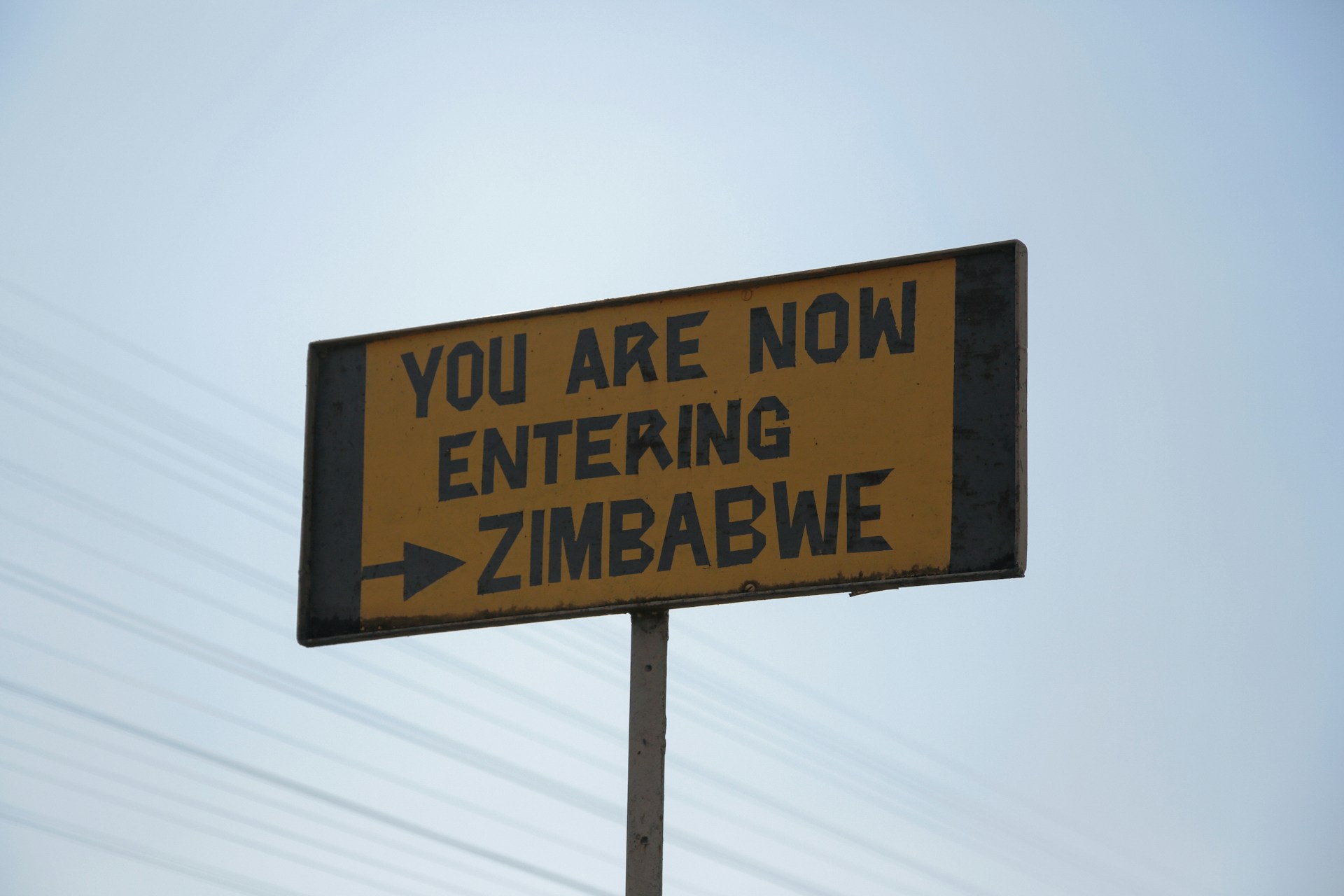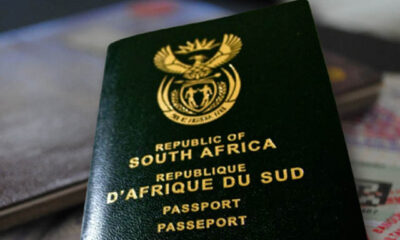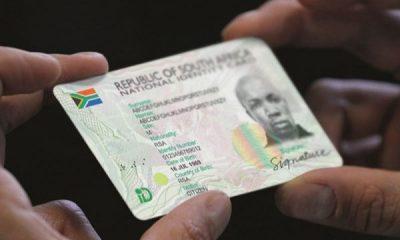News
Why Some Zimbabweans Are Leaving South Africa to Start Over Back Home

For nearly two decades, South Africa has been a lifeline for thousands of Zimbabweans searching for work, safety and stability. From Johannesburg’s construction sites to Cape Town’s restaurants, Zimbabweans built lives, sent money home, and became part of the social fabric. But now, something unexpected is happening more and more are heading back home.
A Shift From Opportunity To Uncertainty
When Zimbabwe’s economy collapsed in the 2000s, South Africa symbolised hope. Teachers became waiters, engineers sold fruit at taxi ranks, and professionals rebuilt careers in a country that, at the time, offered a sense of stability.
Fast forward to 2025, and that dream feels increasingly out of reach. With tougher immigration laws, high living costs, and shrinking job opportunities, many are rethinking their future in Mzansi.
“I came to Johannesburg in 2009 hoping to build a better life,” says 37-year-old mechanic Mbongeni Dube from Bulawayo. “Now, with no proper papers and everything so expensive, I’d rather start again at home.”
His words echo a growing sentiment among Zimbabweans who feel trapped between uncertainty in South Africa and the slow promise of recovery back home.
The ZEP Fallout And The Fear Of Deportation
For many, the end of the Zimbabwe Exemption Permit (ZEP) has been the final push. The permit, which once allowed hundreds of thousands of Zimbabweans to live and work legally in South Africa, expired recently leaving many undocumented overnight.
“The fear of deportation from South Africa has pushed many Zimbabweans to pack up voluntarily,” explains a Harare-based migration researcher. “There’s also a sense that the job market there is not what it used to be.”
While some have managed to stay legally through spousal or critical skills permits, countless others face a painful choice: risk arrest or go home and start again.
Finding Hope Back In Zimbabwe
Despite the challenges, a flicker of optimism is visible back home. In cities like Bulawayo and smaller towns like Gwanda, returning citizens are trying to rebuild their lives through small businesses, farming and community initiatives.
“I’ve started a chicken project in Gwanda,” says Ruth Ncube, a former domestic worker who returned from Johannesburg. “It’s not easy, but at least I’m home. I don’t have to look over my shoulder every day.”
While Zimbabwe’s economy remains fragile, ongoing infrastructure projects and slight improvements in local industries have sparked cautious hope among returnees.
The Economic Ripple Effect
Remittances from South Africa have long been a lifeline for Zimbabwe, paying for school fees, groceries and medical care. But economists warn that this “return wave” could slowly reduce that vital inflow.
Finance Minister Mthuli Ncube recently noted that the United Kingdom is on track to overtake South Africa as Zimbabwe’s biggest source of remittances by 2025. “While South Africa remains home to most Zimbabweans abroad, higher earnings and formal employment in the UK are translating into larger remittance flows,” he said.
A Trickle, Not Yet A Flood
For now, the migration back north is still modest more of a trickle than a wave. But as both nations face economic and political strain, the question of where “home” truly is has become deeply personal for many.
On social media, Zimbabweans share mixed feelings: some celebrate their friends’ return, calling it “a fresh start in familiar soil,” while others warn that “there’s nothing to go back to yet.”
Still, the quiet movement of people returning across the Limpopo tells a story of resilience, hope, and a longing to rebuild even if it means starting from scratch.
{Source:The South African}
Follow Joburg ETC on Facebook, Twitter , TikTok and Instagram
For more News in Johannesburg, visit joburgetc.com



























